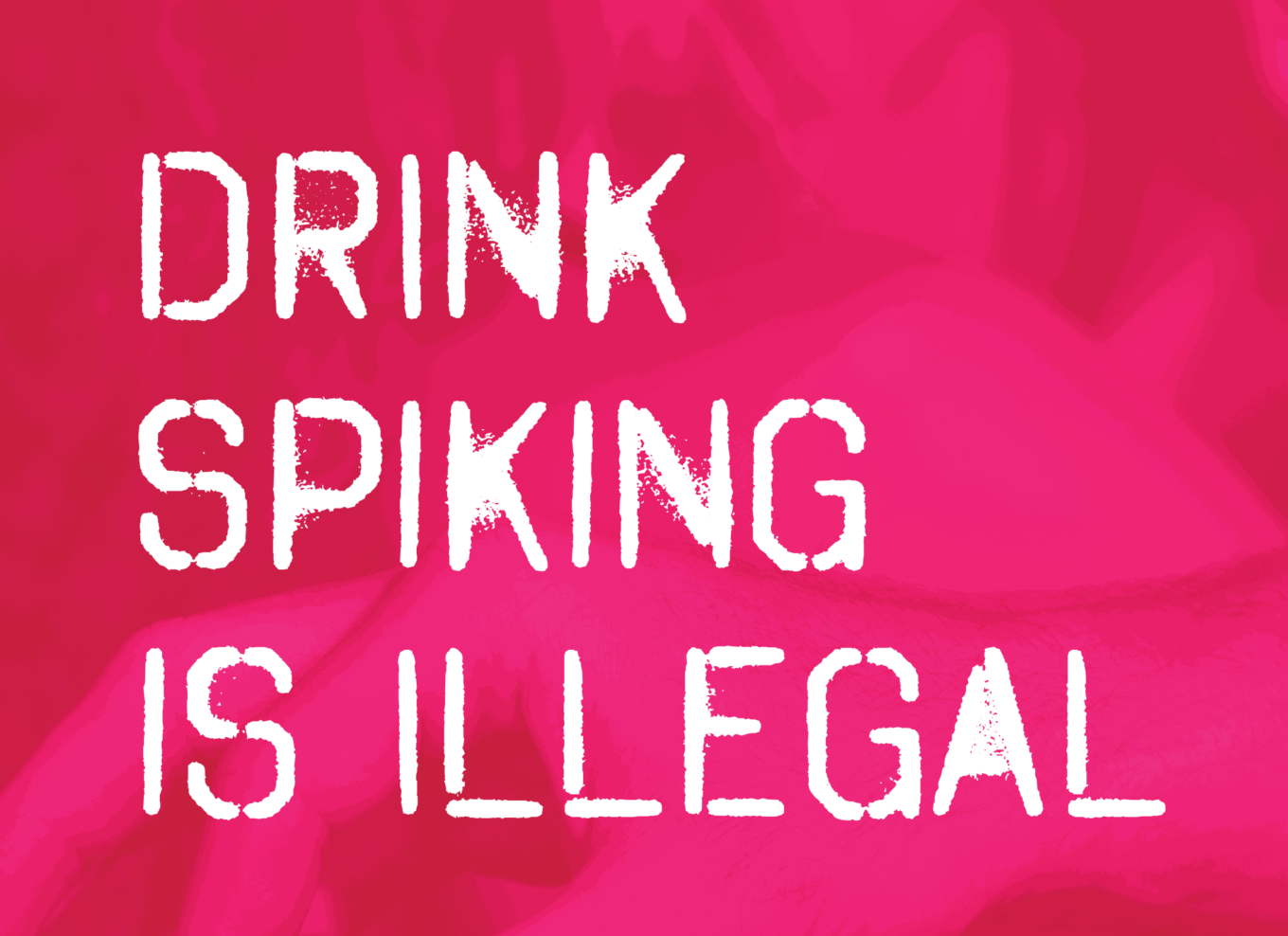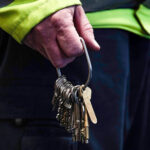The 16th to 22nd September is anti-spiking week. We will be supporting police forces around the UK to raise awareness and help prevent spiking.
Spiking is giving someone drugs or alcohol without their knowledge or consent. This could be in their drink, their vape, or injected by a needle. Spiking is a crime. It makes it easier to commit other crimes against the victim.
As an SIA licence holder, you play a vital role in protecting the public. 80% of reported spiking incidents happen in public places, mainly in pubs and nightclubs.
Your training included ways to identify and respond to signs of vulnerability, for example:
offering help to anyone who looks lost or isolated
intervening if someone appears to be receiving unwanted attention
Common signs of someone who has been spiked are:
- Nausea
- Dizziness
- Unsteadiness
- Blurred vision
- Paranoia
- Hallucinations
- Suddenly becoming very tired
- Becoming unresponsive
- Behaving out of character
Anyone can be spiked but victims are more likely to be young women: the average age of a spiking victim is 26, and women are the victims in roughly three quarters of all spiking offences.
Signs of predatory behaviour include:
someone who is often surveying their surroundings
someone whose hand is hovering near another person’s drink, or who quickly draws their hand away
Ways to prevent spiking
You can help prevent spiking by:
*monitoring anyone behaving suspiciously
*conducting regular patrols – this increases your chance of catching perpetrators and reduces the chance of them acting in the first place
* speaking to suspected victims – approach them, do not wait for them to approach you
*providing an attended table near toilets and smoking areas for people to leave their drinks in safety
* responding to signs that someone’s drink does not taste as it should – such as visual cues from their face or body language, or if they are inspecting their glass or bottle
* responding to visual indicators that a drink has been spiked – becoming discoloured or cloudy, starting to fizz or to suddenly go flat, showing a separation line
What to do if a spiking incident is reported to you
If a spiking incident is reported to you, you should prioritise the welfare and safety of the victim. You should:
* give first aid or call an ambulance
* analyse the situation – is the victim likely to be in danger if they leave the venue?
Here are some further steps you could take:
*call the police
*assess the people accompanying the victim – how much does the victim know about them and how concerned or surprised are they?
*consider detaining the people accompanying the victim if they try to leave when they learn the police are coming – if this is unsafe, take note of their appearances and their direction of travel to tell the police
*secure evidence, like the glass or bottle the victim was drinking from
*secure CCTV footage that might show criminal activity
*seek witnesses, as well as any witness footage like smartphone videos






